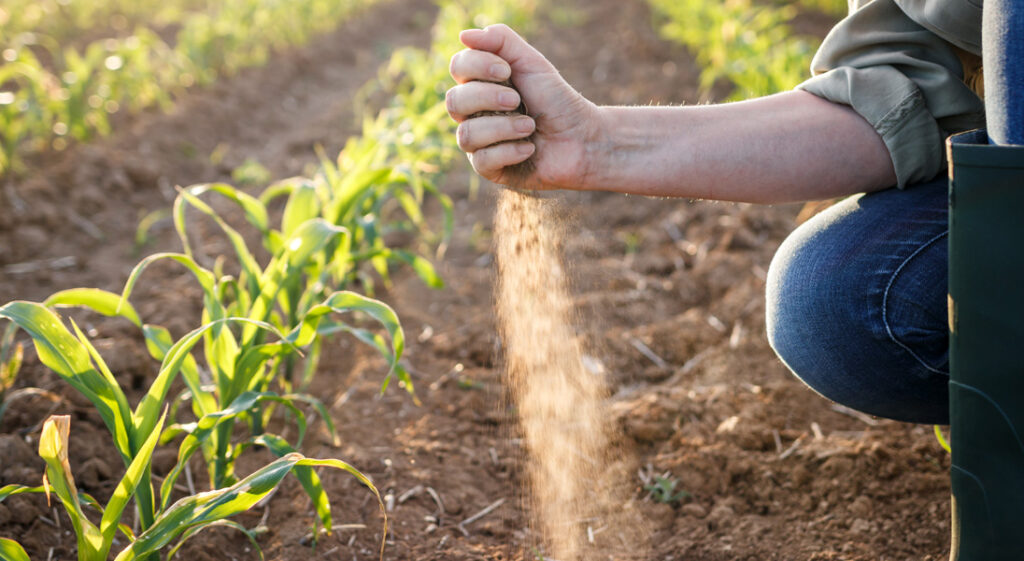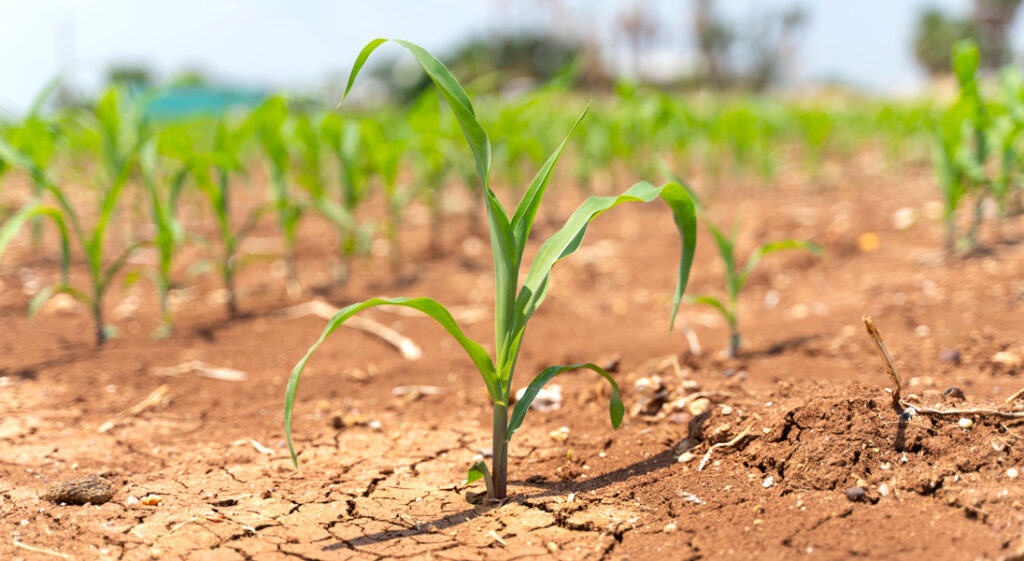Tackling plastic use and sustainability at RHS shows: How Maxstim can help
Plastic turf netting is a huge environmental problem. Used by growers to lift and transport the turf earlier, it replaces the need for a better developed root system. This can save a significant amount of growing time, making it quicker and cheaper to sell. However, it adds a significant amount of unnecessary plastic into the environment, bringing with it the many associated detrimental effects to the surrounding wildlife as it breaks down into microplastics, polluting the soil and waterways. Once in situ, this plastic netting is also tricky to remove, preventing the turf from being composted or disposed of as green waste. Instead, the turf containing plastic netting is sent to landfill or burned, wasting the surrounding organic material.
The RHS Sustainability Strategy
During the coverage of the RHS Chelsea Flower Show this year, we were more aware of their additional emphasis on sustainability. In 2021, the organisation launched the RHS Sustainability Strategy, with a target to be net positive for nature and people by 2030. The garden and flower shows play a big part in this.
The RHS are keen to make an impact and are working to enable and encourage gardeners to work alongside them to tackle the climate and biodiversity crisis on a larger scale.
One of their 10 targets include the following:
Circular plastic by 2030
“We will eliminate all single-use plastic; encourage reduced use of all plastics; ensure that all packaging used is 100% reusable, recyclable, or compostable in all RHS operations and encourage all of these in gardening practices to our members and visitors.”
From 2022, the use of plastic carrier bags at their shows was banned, as well as plastic and artificial grass and flowers including instances as floor coverings and stand dressing. The RHS is also encouraging their exhibitors, partners and contractors to attempt to remove all unnecessary single use plastics from their operations for 2023 and back of house by 2025.
Turf containing plastic netting will quickly become a thing of the past.
How can the use of Maxstim biostimulants help turf growers?
Tim Cannon, our Senior Agronomist who has 40 years experience of growing turf, describes Maxstim products as ‘ground-breaking’. He works with us in the development of more sustainable solutions to the issues the agricultural and horticultural industries are facing. However, Tim’s experience means that important considerations for the growers, such as the speed, cost and consistency of the turf, are still prioritised.
Our range of plant-based complex biostimulants ensure that plant growth is properly supported, meaning that turf is healthier and stronger. Field trials have demonstrated faster and better rates of germination and of the emerging crop, improved water efficiency, significantly improved root mass and depth, and a reduced need for nitrogen fertiliser as the plant is better able to utilise what is available.
By using Maxstim complex biostimulants, and therefore supporting the development of a better root system in commercial scale turf growth, we hope that this can remove the need for plastic netting, reducing a large input of plastic into the environment, whilst still guaranteeing a quality product.
The RHS Chelsea Flower Show for this year has now passed, but there are many more to come this summertime, with the next one being RHS Hampton Court Palace Garden Festival Tue, 4 Jul 2023 – Sun, 9 Jul 2023.
Find out more about the RHS Sustainability Strategy here.

